Erasmus+ Project – Spin for Well-being: Active lifestyles through therapeutic TT for individuals with Neurodegenerative diseases (SWAN)
The consortium that includes the Faculty of Sport was successful in the ERASMUS-SPORT-2024 call. The project titled “Spin for Well-being: Active lifestyles through therapeutic TT for individuals with Neurodegenerative diseases (SWAN)” is dedicated to the development and implementation of Table Tennis for Health (TT4H) programs tailored for individuals with neurodegenerative diseases. The project brings together seven organizations: besides the University of Ljubljana, Faculty of Sport, the partners include the Hellenic Sports Club for Physically Disabled People, ITTF Foundation, KTG Research & Innovation Ltd, Foundation Compassion Alzheimer Bulgaria, Fédération Française de Tennis de Table, and Asociación de familiares de enfermos de Alzheimer de León. By promoting structured interventions, training professionals, and raising awareness, the project aims to improve the well-being and social inclusion of individuals affected by these conditions.
Neurodegenerative diseases (NDDs) are characterized by the progressive degeneration of the structure and function of the nervous system. The most common among these are Alzheimer’s disease and Parkinson’s disease, typically presenting symptoms such as memory loss and cognitive decline (in Alzheimer’s) and tremors and motor dysfunction (in Parkinson’s). Research shows that physical activity reduces the risk of NDDs and may also slow disease progression after diagnosis. In recent years, table tennis has emerged as a potential therapeutic/non-pharmacological exercise for NDDs. Its dynamic nature, cognitive and motor stimulation, as well as social and interactive aspects, make table tennis a cost-effective, enjoyable, and accessible sport. This project aims to design, implement, and evaluate a structured intervention program of table tennis for individuals with NDDs, promoting social inclusion, equal sports opportunities, and physical activity that supports health. Moreover, the initiative seeks to educate caregivers, coaches, and other community members about these diseases and the potential benefits of table tennis, with the ultimate goal of developing guidelines for effectively implementating table tennis-based programs at local and national levels. The diverse consortium—comprising table tennis clubs, federations, universities, NGOs, and technology providers—will collaborate in this initiative to enhance the well-being of people living with NDDs.
At the end of January, project members held the so-called kick-off meeting, which took place online and was led by Konstantinos Siachos, the primary coordinator and program leader at the Hellenic Sports Club for Physically Disabled People. Mr. Siachos visited Slovenia in early February and met with Prof. Dr. Kondrič. During the meeting, the representatives of both organizations reviewed the activities conducted by Prof. Kondrič during his 11-year tenure as head of the Scientific and Medical Committee of the International Table Tennis Federation. The extensive experience and especially the conclusions from the committee's work provide a solid foundation for actively involving patients with NDDs in table tennis programs in Slovenia.
The SWAN project aims to promot a healthier and more active lifestyle through therapeutic table tennis programs. To achieve this, the project team’s communication and dissemination efforts will focus on two key target groups:
Primary:
- Individuals with NDDs and their families
- Sports clubs, coaches, and kinesiologists
- Healthcare professionals and researchers
- Academic institutions, healthcare organizations, hospitals, and universities
- Patient advocacy groups
Secondary:
- The general public
- Policymakers
- European health and sports organizations
The project team has already developed and submitted the communication and dissemination plan for the SWAN project. This document is essential to ensuring the project's reach and long-term impact. Through strategic dissemination of findings, digital presence, stakeholder engagement, and participation in key events, the project will successfully promote the therapeutic approach of table tennis training for people with neurodegenerative diseases. Through continuous monitoring and adjustment of strategies, SWAN will ensure sustainable engagement and knowledge transfer, thus supporting future research and implementation efforts.
Project information is available at: https://www.swan-erasmus.eu/
Facebook: SWAN Erasmus+ Sport Project
Contact: Marina Nasika | swan.paska@gmail.com
 |  | 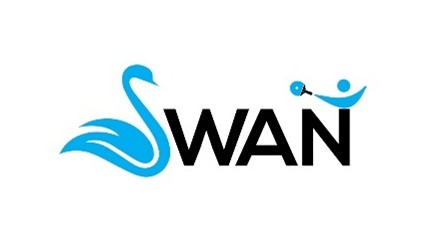 |
Funded by the European Union. Views and opinions expressed are however those of the author(s) only and do not necessarily reflect those of the European Union. Neither the European Union nor the granting authority can be held responsible for them.



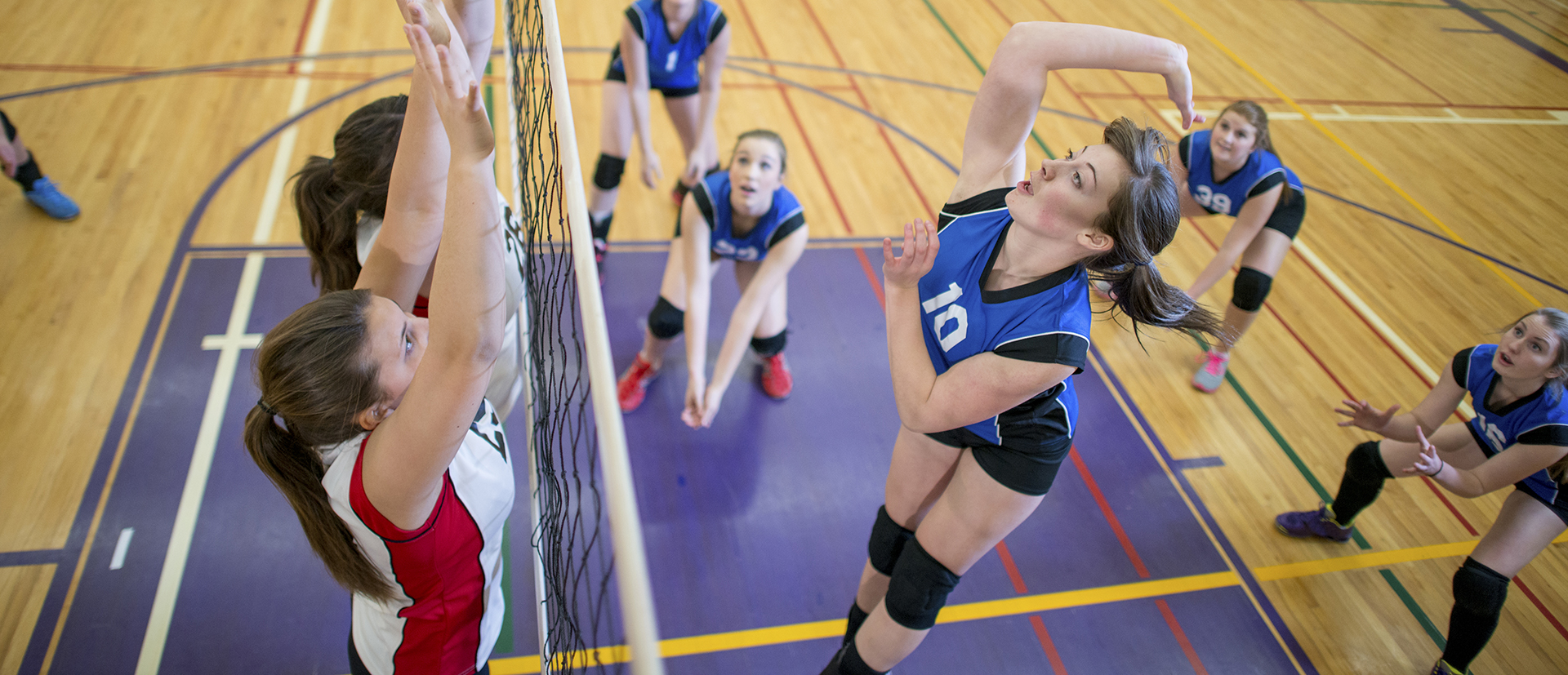


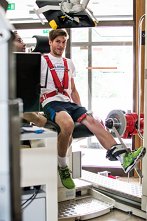




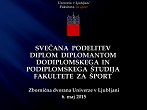





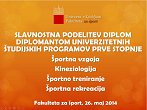

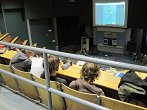
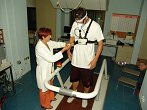



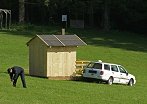

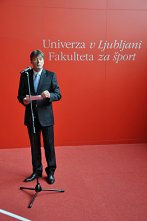








.png)